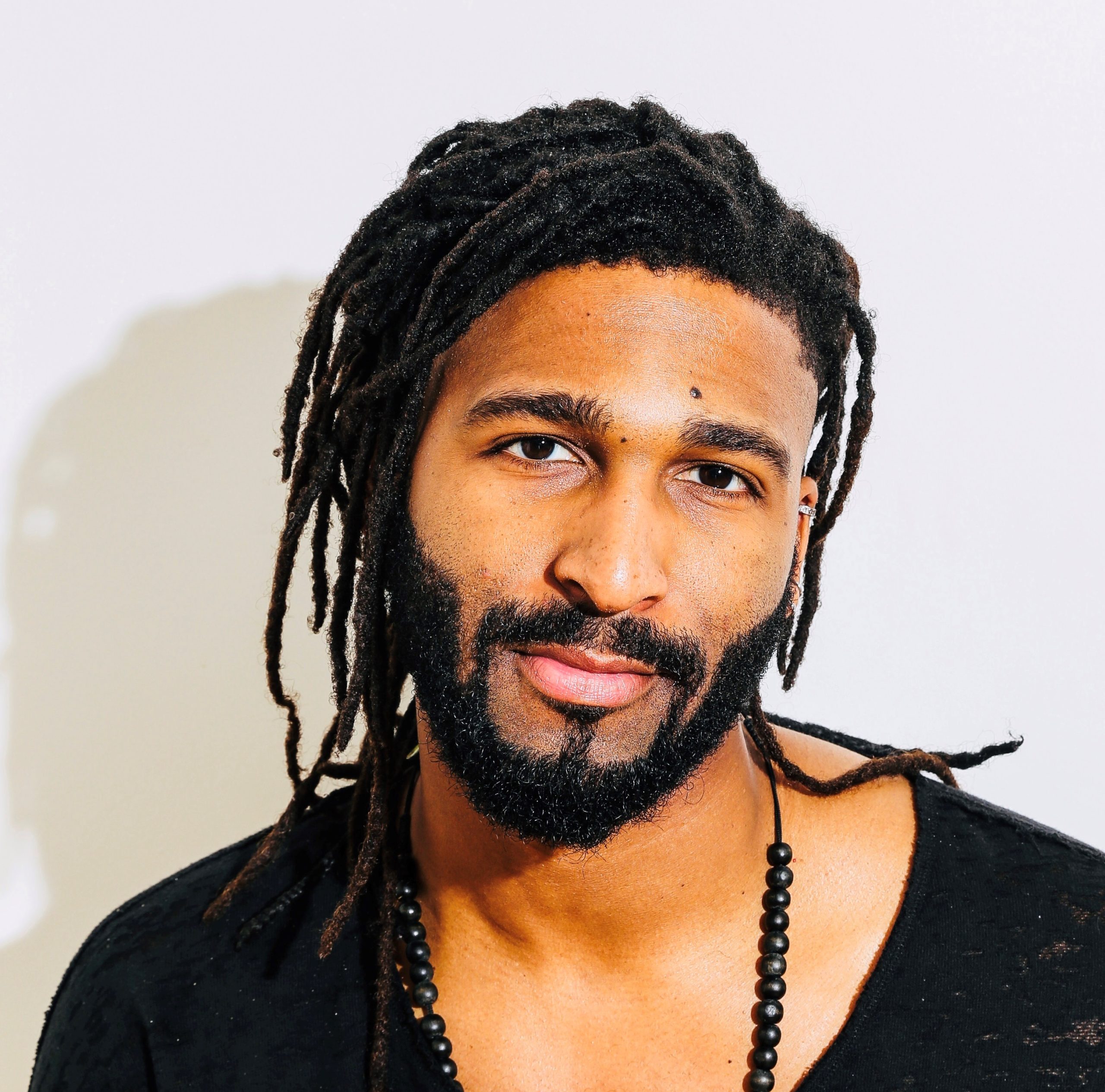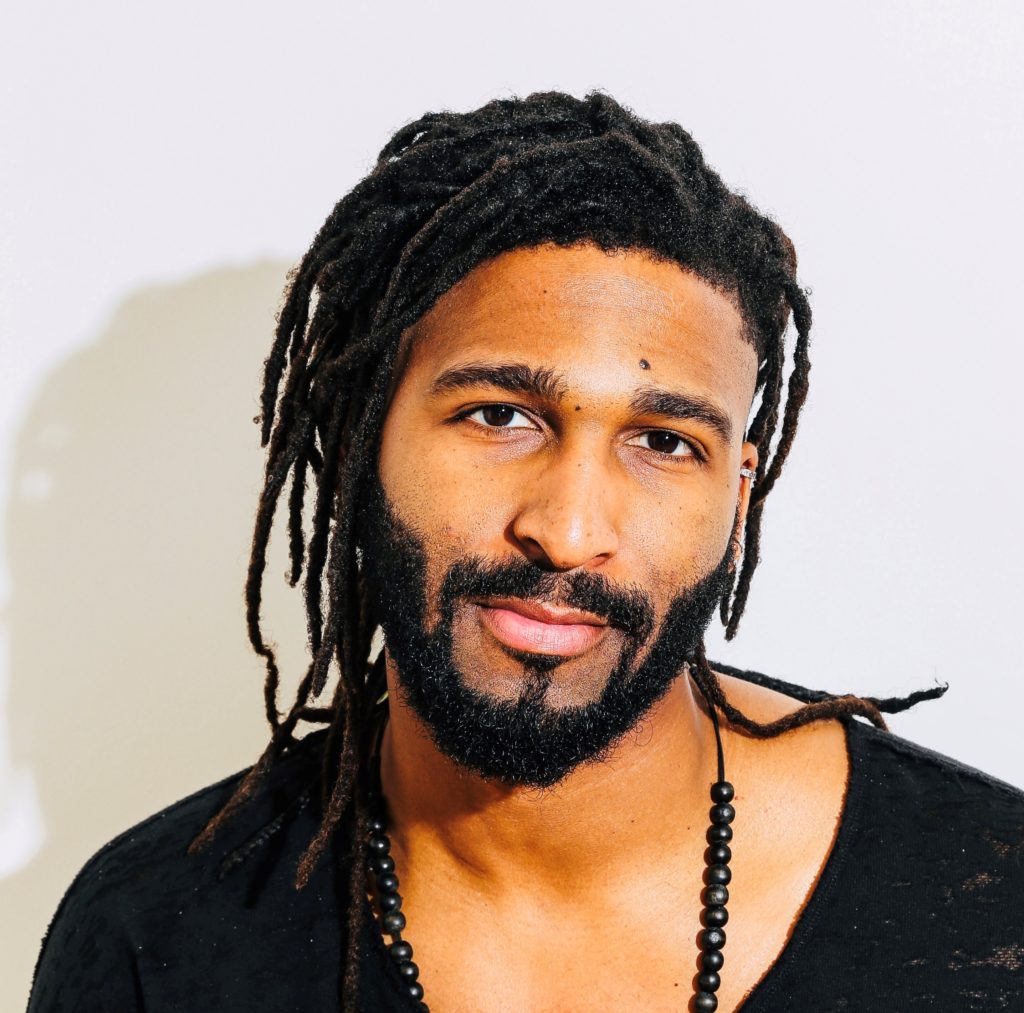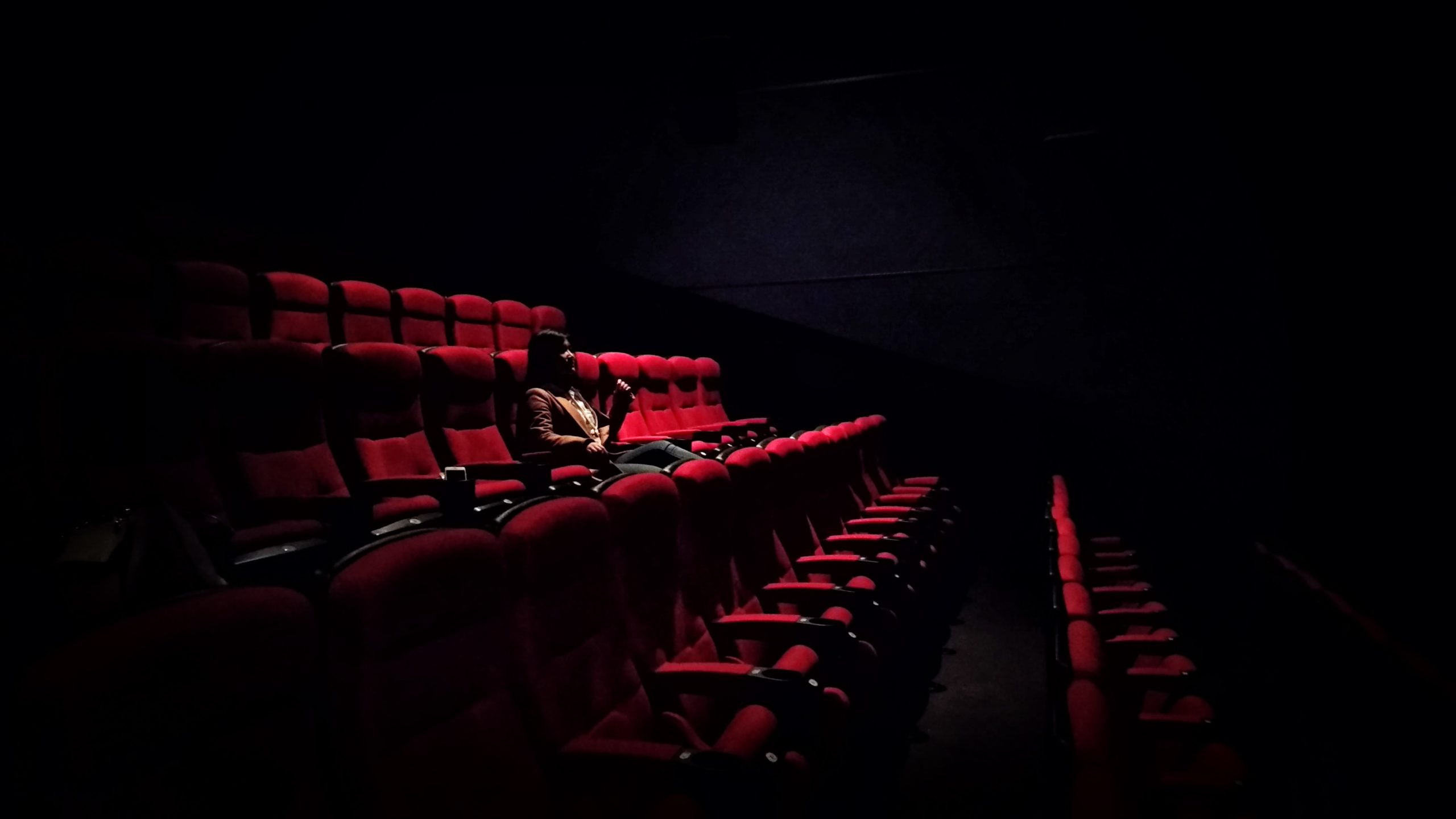
Critic Spotlight: August 2021
Richard Oliver
Dallas, Texas
Primary outlets: Theater Jones, Texas Classical Review, The Whole Review

How did you get started as an arts critic?
When I went to college I knew I wanted to pursue music. But I loved writing, so I made a deal with myself: I would study music but also study writing in the most practical sense possible. My undergraduate and graduate degrees focused on music and journalism.
I wrote for the Cincinnati Inquirer as an intern my senior year of college. My editor knew I was studying music at the conservatory, so he pitched to the arts editor that I do some concert reviews. It went really well, so I got into the habit. With those clips I was able to start an arts journalism portfolio.
When I moved here to Dallas, I landed a gig with a research collective based out of Southern Methodist University that focused on exploring the stories and experiences of women of color. I was at a symposium when a man raised his hand and said, “Hi, I am a co-founder of an arts publication here in Dallas.” During the break I went up to him … a month later he got in contact with me. (Theater Jones) sent me on a test assignment to review the opera “Alcina.” I wrote that story and things took off from there.
What’s the primary job of an arts writer?
There are two ways to think about this, as an arts critic and an arts journalist, which are different things.
As a critic, your job is to analyze and critique a particular performance for values and merits that are on technical levels, artistic levels and on cultural levels as well, how effectively an organization is able to represent its mission as an arts organization. As an arts critic, the goal is a little bit more direct, more black and white.
As an arts journalist, the goals are much more nuanced. I believe our responsibility is to relate the effect and influence of art on a particular community and society at large, and to do that through the vehicles of current events within the arts community that you cover.
In that regard, I think we are almost more like culture reporters than art journalists. It’s my philosophy that art is the driving vehicle behind a culture defining itself and expressing that definition. It all goes toward informing the zeitgeist of a community.
What makes the arts community in Dallas special?
In 2018, Dallas was ranked as the most segregated city in the United States. And when we use the term segregated it’s not just on the lines of race, which is super important, but also economic disparity.
There is a wealth of opportunity for growth, for enlightenment, coming together, for the exchange of ideas and perspectives. There’s also an ever-present tension that defines the efficacy of projects. That’s across the board, not specific to a particular race, event or particular issue.
It’s just now becoming a part of conversations in the arts community — how this area is reconciling its past, and how the arts drive the reconciliation in one direction or another.
Dallas is also an up and coming city. The arts community has a really important role to play as Dallas is defining itself as a major arts city in the country.
As a critic of color in a field that has been historically white, how do you think about the importance of your identity and perspective in your work?
I remember, I was covering a production of Langston Hughes’ “Black Nativity.” I had to stop and examine myself, examine where my criticism was coming from, and what was relevant to what my job was. Ultimately I landed on “tell it like it is.” My criticism was actually quite harsh, informed by what I know of Langston Hughes, and “Black Nativity,” the productions that came before and their historical relevance.
That, coupled with the real and timely issue of disparate allocation of funds to arts organizations here in Dallas — all of these things were relevant in justifying why I had the experience I had while in that theater, consuming that particular show.
The truth is often so much more nuanced than black and white — “this is what happened, this person designed the costumes, and it was pretty good.” Giving the whole context informs readers, whether in the arts community or not, about how they’re going to experience the show and how relevant that experience might be to their lives.
As people read reviews for the purpose of deciding whether or not they want to see the show, there’s a part of them (asking), “Why does this matter to me?” As a queer man of color, I think that context is super necessary. I also hate the idea of some tone deaf, mainstream ideology framing the totality of work by marginalized people.
What do you hope our Equity, Diversity and Inclusion committee can accomplish, both inside ATCA and with non-members?
We’re arts journalists and arts critics, which gives us this hidden title of culture reporters, and sort of cultural influencers. Having a committee focused on diversity puts us in a position of responsibility to be part of the cultural changes that are happening. I would like for us to be more out front and in the spotlight in terms of how that’s happening.
What are you excited to see this fall?
I get excited about shifts. I’m most excited about this cultural awakening that’s happening. We’re about to see some really cool, innovative, in your face, radical stuff and that’s what I’m excited about.
And this is not a surprising response, but I would like to see more people of color in roles that are not contingent on them being a person of color. I’m sick of the constant plays dealing with “a Black story” or what have you. We’ve all seen it. It seems so lazy at this point, like you’re meeting your quota for the season.
I would love to not know what’s going on — to see something on stage where everyone is everyone. The breaking down of those paradigms I feel would be enriching.
Please share a few clips you’re proud of.
Theater Jones, Sept. 6, 2018
Squirm. Laugh. Repeat.
At Stage West, Branden Jacobs-Jenkins’ “An Octoroon” keeps audiences uncomfortable, and laughing — exactly as it should.
Theater Jones, Dec. 20, 2019
God Bless Us Everyone?
At Jubilee Theatre, Ekundayo Bandele’s “If Scrooge Was a Brother” looks at poverty and privilege through a different lens.
Theater Jones, Oct. 9, 2019
What Will You Give?
At Kitchen Dog Theater, the premiere of Jonathan Norton’s “a love offering” gives the Dallas playwright another success in 2019
— Interview by Lindsay Christians. Edited for length and clarity.





Sorry, the comment form is closed at this time.